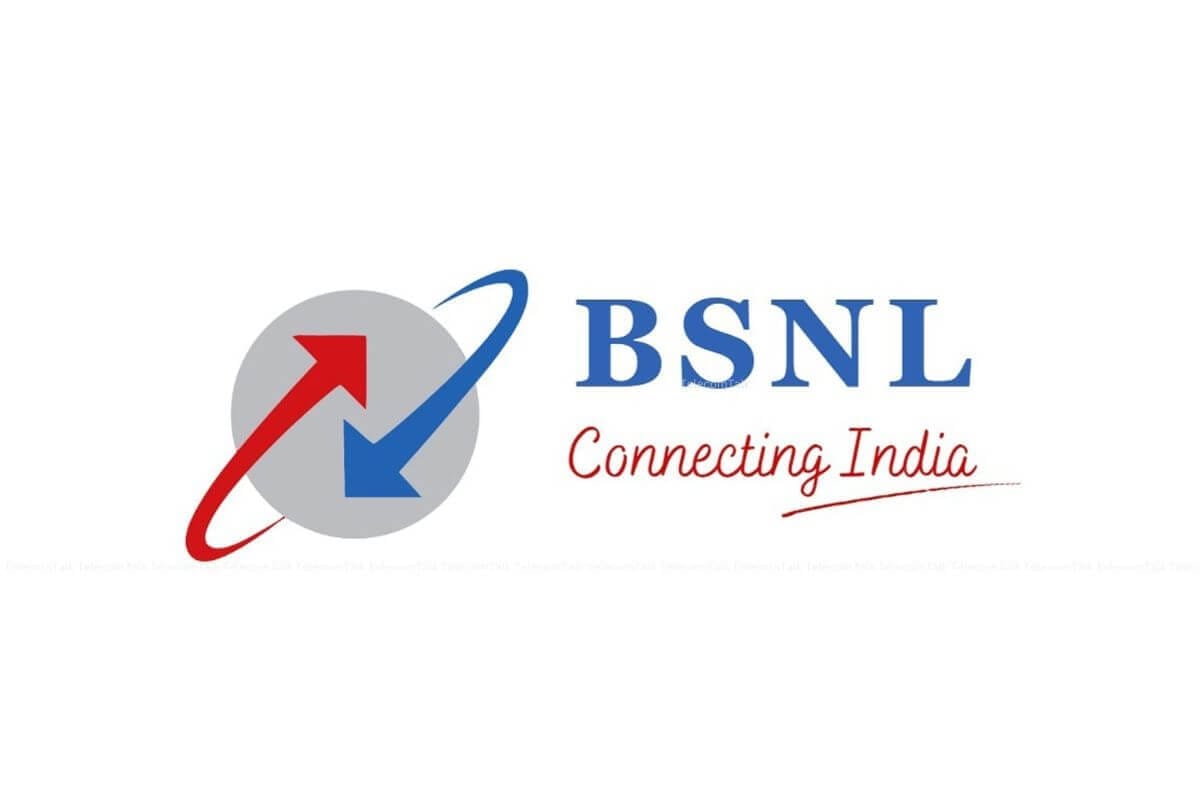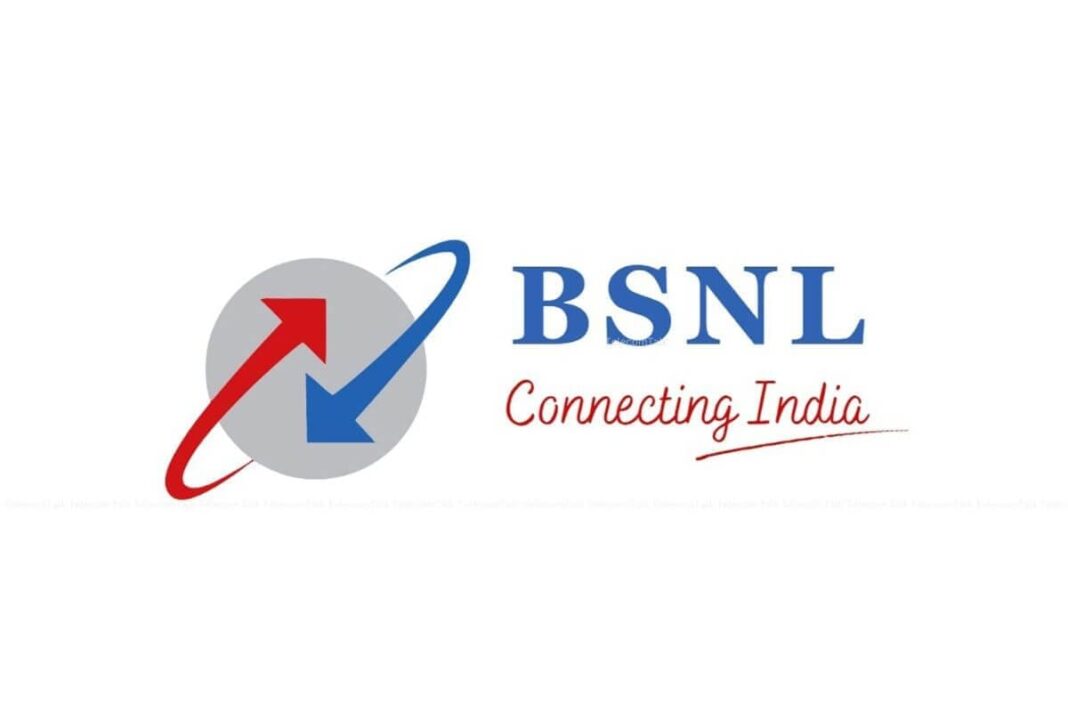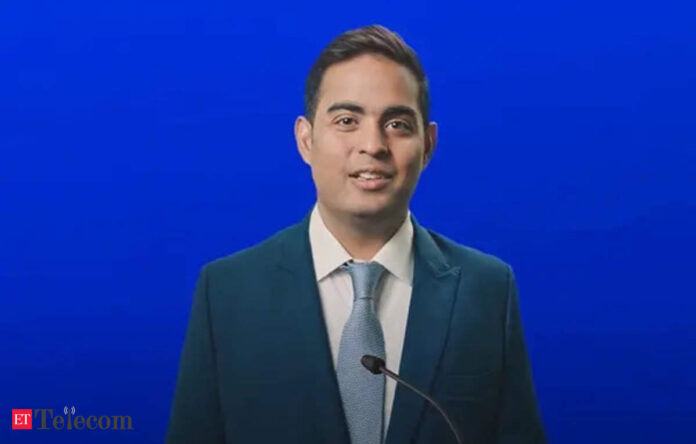In Short:
BSNL, India’s state-run telecom, plans to finish installing 100,000 homegrown 4G base stations by May 2025, transitioning to 5G by June 2025. Union Telecom Minister Scindia emphasized India’s swift 5G rollout, leading globally in 6G. He noted significant drops in telecom costs and stressed the need for quality service. Scindia also highlighted strengthened India-US relations with new tech agreements.

The state-run telecom company BSNL is poised to complete the rollout of its indigenously developed 4G technology through 100,000 base stations by May 2025. According to Union Telecom Minister Jyotiraditya Scindia, the company intends to transition to a 5G network by June 2025. Scindia made this announcement during the US-India Strategic Partnership Forum, asserting that India is transitioning from following global trends in 4G, to matching the world in 5G, and ultimately leading in 6G technology, as reported by PTI.
India’s Rapid 5G Deployment
Scindia emphasized that BSNL is leveraging technology developed by a consortium of C-DOT and TCS, underscoring the government’s commitment to self-reliance in telecom infrastructure.
“We now have a core and a radio access network that are fully functional. We have a plan for 100,000 sites by April-May of next year. We’ve rolled out 38,300 sites as of yesterday. We are going to roll out our own 4G network, which will switch to 5G by June 2025. We will be the sixth country in the world to achieve that,” Scindia stated.
India has recorded the fastest 5G rollout globally, installing 450,000 towers within 22 months and achieving coverage for approximately 80 percent of its population.
Scindia noted the transformation in the Indian telecom sector, evidenced by a significant rise in broadband connections from around 60 million to 940 million over the past decade.
Significant Drop in Telecom Costs
“The cost of a voice call was 50 paise 10 years ago; today it stands at three paise. There has been a 96 percent drop in the cost of voice. If you look at the cost of 1 GB of data, it was Rs 289 ten years ago—roughly three and a half dollars—but today it is approximately 12 cents. Thus, you’ve seen exponential penetration and adoption,” Scindia remarked.
He also quoted the Prime Minister, who emphasizes the importance of building quality of service rather than merely constructing towers, stating, “Become a product nation and do not think of telecom as an end product, but rather as a means to provide service.”
Strengthening India-US Relations
Scindia also highlighted the significance of strengthening India-US relations, citing recent agreements aimed at fostering cooperation beyond just technological advancements.
“The Prime Minister’s visit to the US has been landmark. For the first time, we have reached an agreement to establish a fab (chip plant) in India that will supply chips for defense in the US. This will have significant implications for both India and the US,” Scindia concluded.





